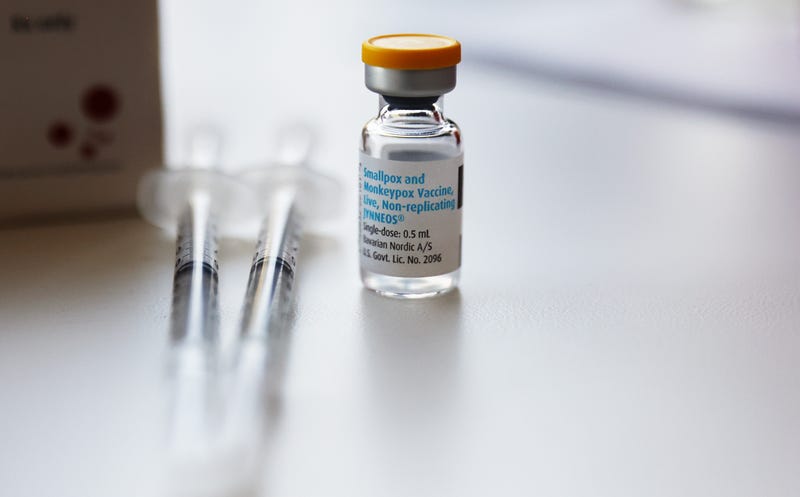
Howard Brown Health, which primarily serves the LGBTQ+ community in Chicago, has reported seven new cases of mpox — formerly known as Monkeypox — since mid-April.
Officials added that results from some tests are still pending. In the three months prior there was just one case.
Dr. Patrick Gibbons, Howard Brown’s Chief Medical Director, said in a statement: “We urge sexually active members of our community to receive the mpox vaccine.”
“The more people who get vaccinated, the better protected the LGBTQ+ community will be from another outbreak,” he said.
Mpox is mainly spread through direct skin-to-skin contact with an infected person during intimate physical contact or sex. However, officials noted that the U.S. Centers for Disease Control and Prevention has determined that some infected people who have no symptoms can still spread the infection up to four days before they develop symptoms.
The following groups are considered at higher risk for mpox, according to the county health department:
-- Any man or transgender person who has sex with men or transgender persons;
-- Persons of any gender or sexual orientation who engage in commercial and/or transactional sex or have sex in association with a large public event;
-- Persons living with HIV, especially persons with uncontrolled or advanced HIV disease;
-- Sexual partners of people in any of the above groups.
Officials said the vaccine offers 70%-85% protection from contracting the disease, and prevents serious cases. Second doses can be given no matter how long it's been since the first dose. People can choose to receive the mpox subcutaneously (in the upper arm) or intradermally (under the skin on their arm or back).
Mpox vaccines are free and available to anyone who requests them regardless of their insurance or immigration status. Vaccination sites can be found by visiting Myturn.ca.gov.


